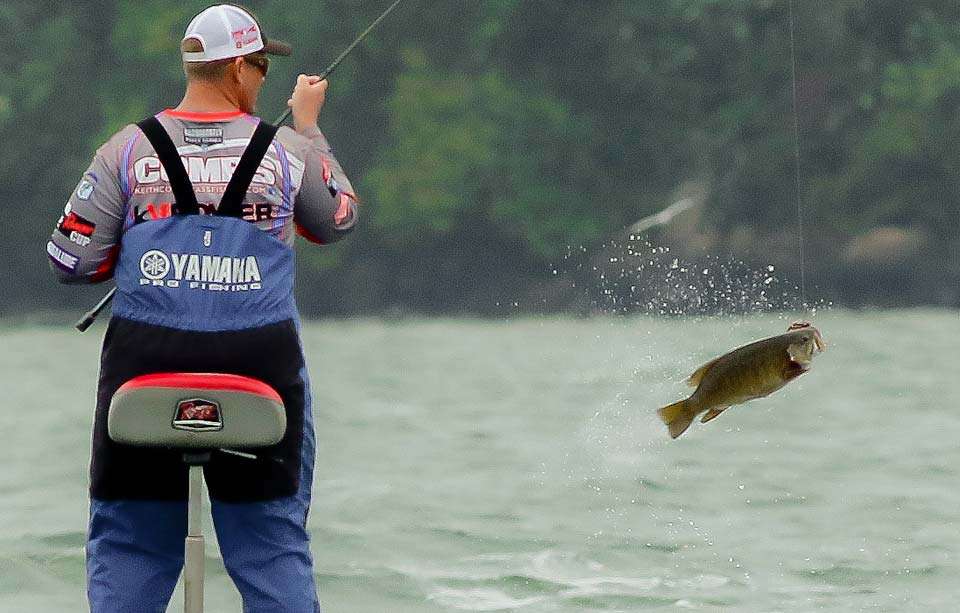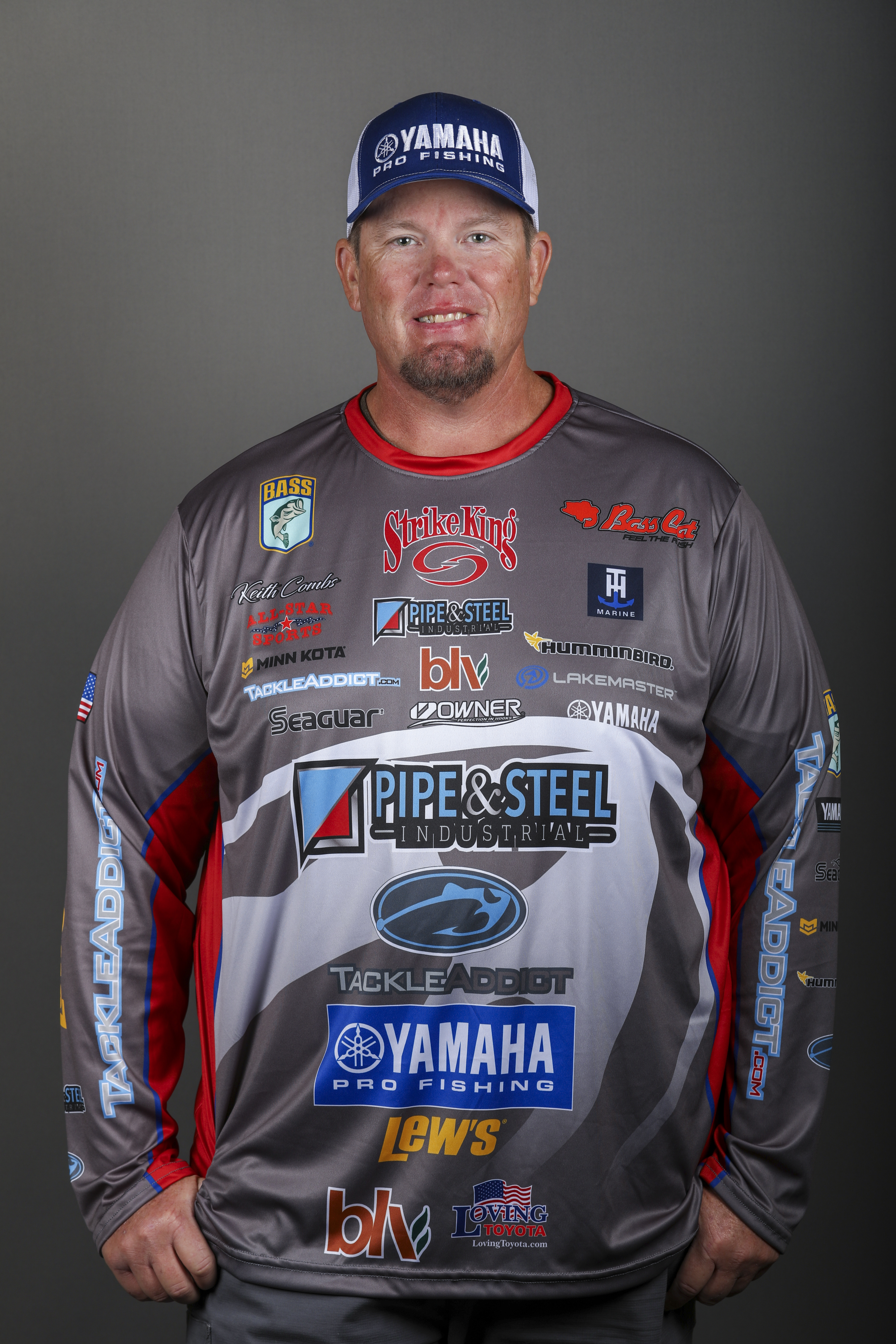
Every bass angler loses fish at times, and when it’s a big bass at a critical moment those losses can be painful. We’ve been taught that the best way to get over those heartbreakers is to forget about them as soon as possible. It’s easy to accept the idea that you didn’t do anything wrong and that “everybody loses a few.” Even some of the best have adopted that mentality, especially with treble hooked lures. I think that’s a mistake – nearly every fish you lose can teach you something.
Certainly sometimes you won’t be able to figure out why you lost a particular fish, but you’ll be surprised at how often you can fix the problem. It could be mechanical. It could be your rod, reel or line. It could be your bait selection or the color you used. Going through that mental checklist can be a useful process, and by employing it over the past five years I’ve really cut down on the number of fish that I lose. Of course I still lose some, but usually I’m able to correct the mistake and minimize the losses.
During a recent big bass tournament on Sam Rayburn, I was fishing chartreuse and blue 6XD and I dodged a bullet several times, barely landing fish that were poorly hooked. Later in the day I lost one of more than 8 pounds and my initial feeling was that it was going to cost me a big paycheck. Luckily, I still managed to win, but the losses ate at me. Two days later, I went out there with the same crankbait in a shad pattern, and they were absolutely choking it. Basking in the glow of my win, it would’ve been easy to dismiss the losses by saying, “That’s just fishing,” but by analyzing and correcting my mistake I put together another piece of the puzzle, and I’m sure that will help me down the line.
I wish I had this attitude early in my career, particularly when it came to rod selection. Matching your rod to your bait is such a big deal. The same rod that you use to take up a lot of slack at the end of a cast with a single-hooked lure is usually entirely wrong for making a long cast with a crankbait, but I didn’t fully understand how those subtleties affected my effectiveness. Earlier this year a friend and I went out to test some new rods flipping deep hydrilla in 15 to 18 feet of water. We thought we had the right one, but at one point it became evident that something was wrong because we lost about 10 in a row. Then we decided to switch rods and after that we never lost another fish. It wasn’t a major change – just a half power or so – but that made all the difference.
Just as I’ve learned about the importance of rod action and power, all of my time guiding on Falcon taught me a lot about selecting the right hook for a particular application. I spent a lot of time cranking there, and I learned that while there are a lot of sharp trebles, there aren’t a lot of strong ones. Those big fish would jump, the bait would rattle back and forth, and they’d send it flying back at me with a straightened hook. When I figured out the right hook for each bait, those losses went way down. It was no longer a matter of “losing a few is part of the game.”
One final example: When the vibrating jig craze first started, I jumped on the bandwagon, figuring that I could fish it on the same rod I used for my spinnerbaits. Those early days with the Strike King Pure Poison were painful because I was losing a ton of fish, and I simply didn’t have the confidence to use it on tournament day. I could’ve chalked it up to being the nature of the bait, but another very talented angler discussed it with me and told me that the rod I was using was way too stiff. Rather than thinking of the Pure Poison as a spinnerbait substitute, I had to think about it more like a crankbait. With the stiff rod, I was literally pulling the lure away from them. With one simple change, and a little bit of time re-learning the technique, it became one of my confidence lures. I’ve earned four or five top 10s on it since then, and I no longer worry about losing fish.
The bottom line is that it’s unproductive to settle for “losing just a few.” When you’re completely dialed in you’ll lose very few. With a little bit of analysis and experimentation, you’ll be surprised at how quickly you can minimize the losses that you previously accepted as part of the game.

